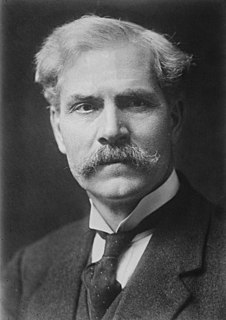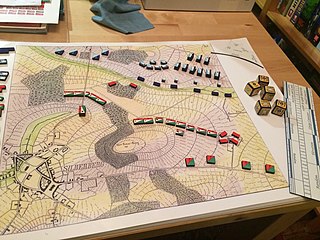A Quote by Walter Karp
The military budget is simply an enormous pork barrel of special privilege, the privileges taking the form of windfall profits, of no-risk profits and, most importantly, of enormous outlays of capital supplied by the Pentagon to arms contractors.
Related Quotes
I admit that one should never underestimate the capacity of banks to destroy enormous amounts of accumulated capital and reduce, temporarily, the supply. After all, capital is the accumulated savings of mankind. And banks are great masters in destroying enormous amounts of capital with great regularity.
The danger of tautological propositions is considerable in discussions of the concept of normal profits. Because supernormal profits seem to invite newcomers to an industry and sub-normal profits seem to drive away those who are in an industry, some writers are inclined to define normal profits as the earnings of the fixed resources in an industry which neither grows nor declines in size or number of firms. It should be clear that such a definition is useless: it muddles together attractiveness and actual afflux, desirbility of entry and ease of entry, zero profits and monopoly rents.
Firms would be given initial entitlements to gross markup on the basis of past performance, adjusted by changes in labor and capital inputs. This is somewhat similar to the definition of normal profits under some versions of the wartime excess -profits tax. Entitlements would be transferable and a competitive market established.
This Iraq war has been the most "privatized" war in America's history. It has seen the most extensive use of contractors. The contractors have increased the costs; but they have been necessary - the military simply could not have done it on their own. we would have had to increase the size of the military. But the George W. Bush Administration wanted America to believe that it could have a war, essentially for free, without raising taxes, without increasing the size of the armed forces.































